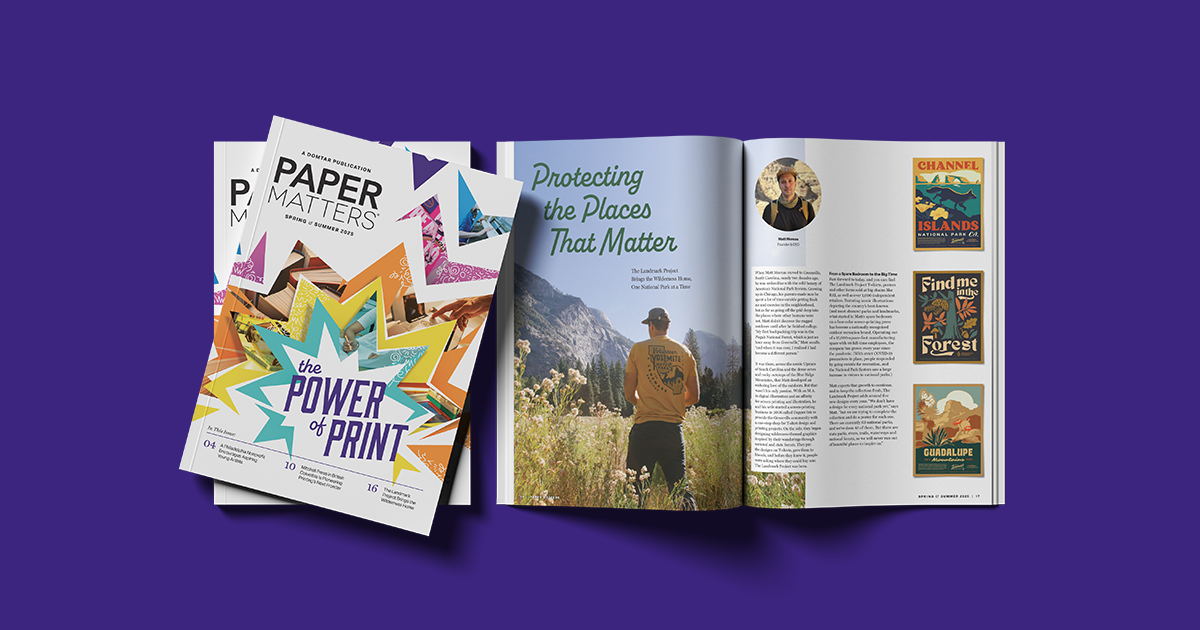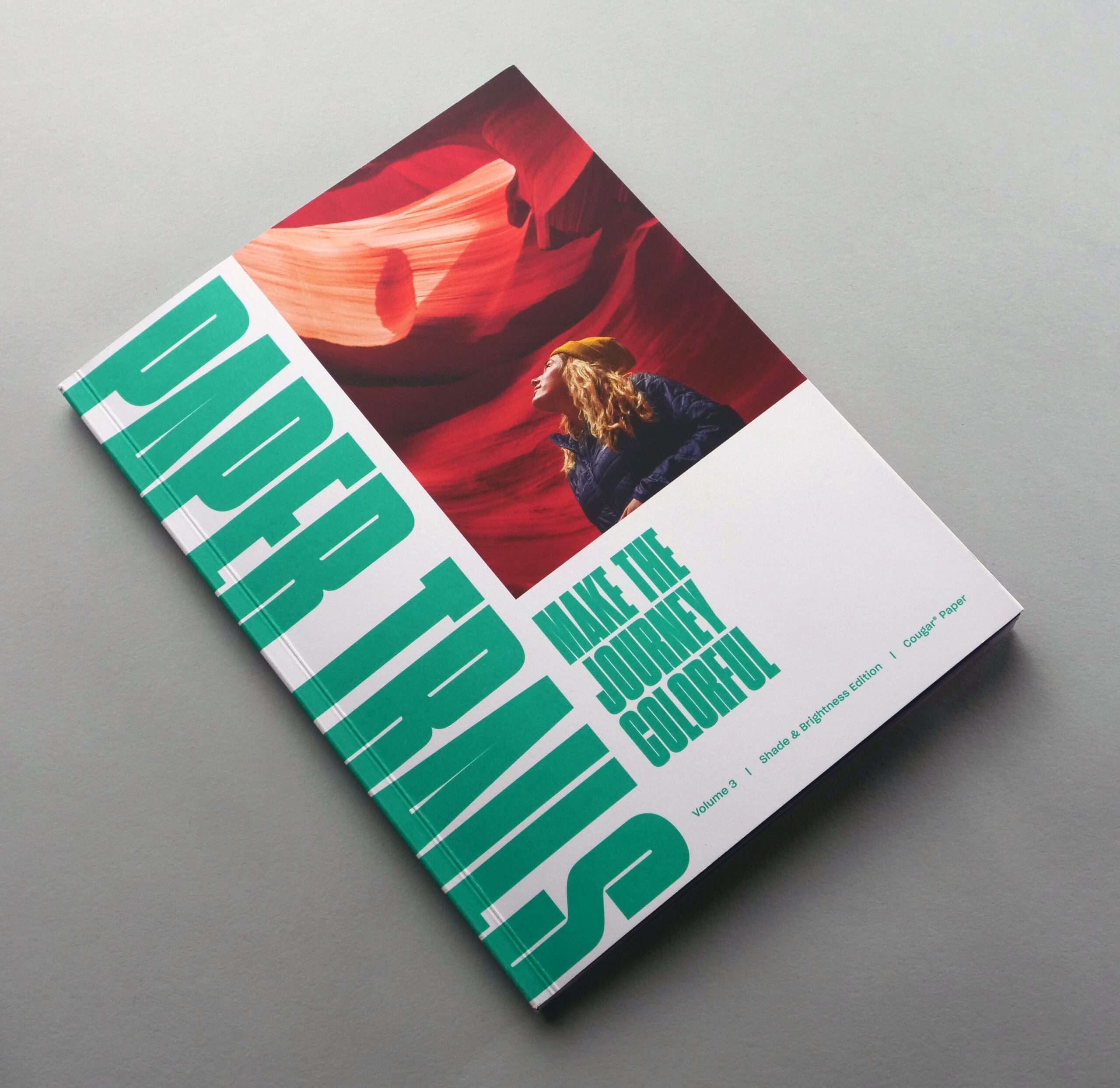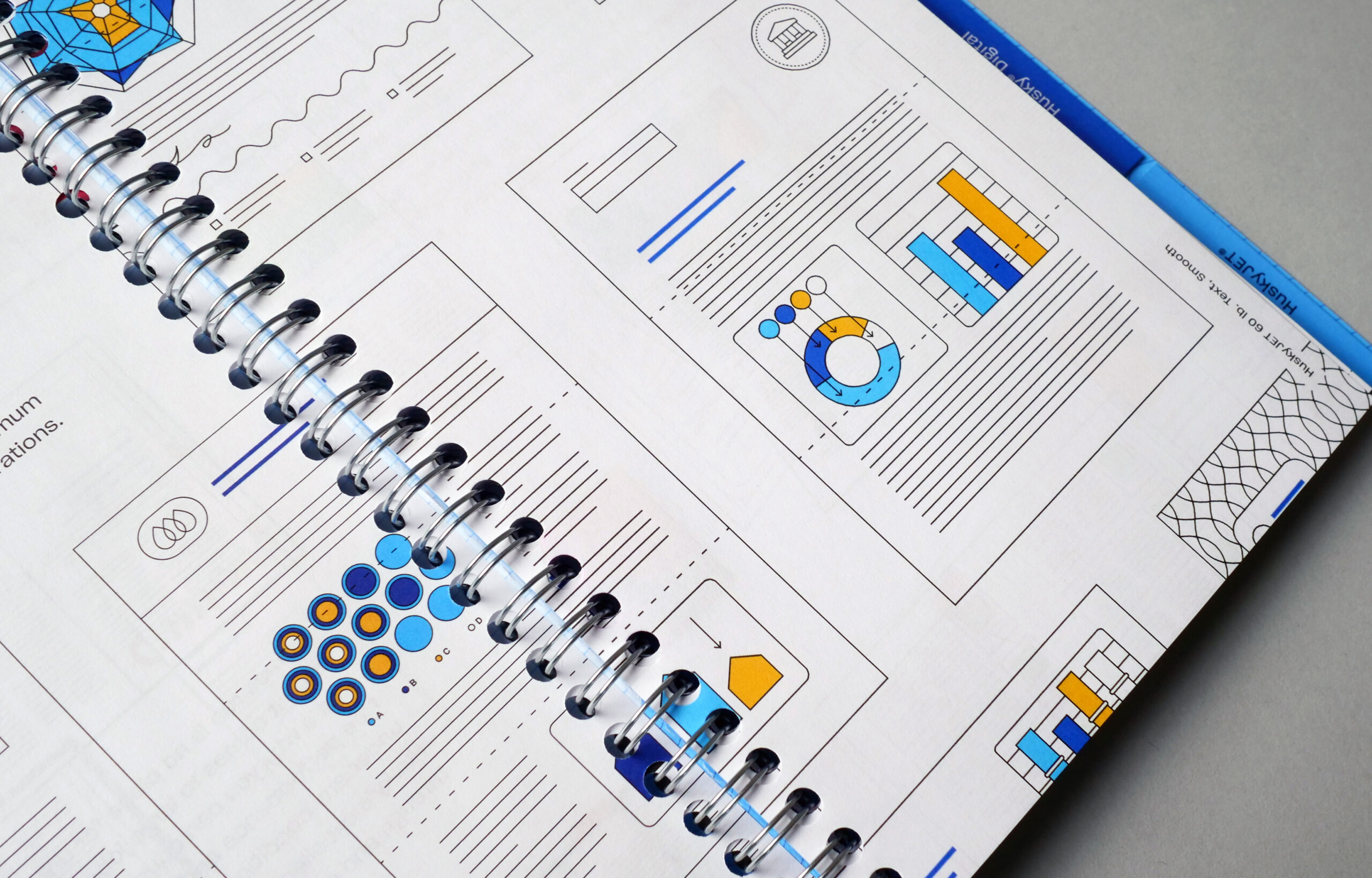Currently, students and full-time workers all over the country are working and studying remotely. While many efforts have been made to bring us back into the workplace and into classrooms at large, there are still many who sit in front of a computer screen day in and day out. This digital overload can contribute to mental fatigue, a seeming inability to be productive and higher levels of stress. As health care professionals move forward with solutions to the pandemic, we’ve found that a salve for some of the side effects already exists—reading.
Take a "Book Break"
According to a study completed by the Mindlab International at the University of Sussex, reading can reduce your heartrate within six minutes leading to decreased levels of stress. Additionally, reading was a more effective form of relaxation than listening to music, drinking a cup of tea or coffee and going for a walk. The only hobby that reduced stress to comparable levels was playing video games, which has the desired effect on stress but fails to reduce heartrates. A recurring theme since we entered quarantine nearly a year ago has been that many of us are struggling to feel rested. Despite less travel, more time at home and a blossoming amount of streaming options and movies to watch, lots of us are just plain tired. If your goal is to eliminate stress or steal a few peaceful moments, picking up a book may have the result you’re searching for.
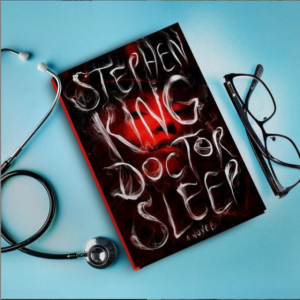
Dr. Sleep is a novel written by the legendary Stephen King. It’s a sequel to his infamous effort The Shining and builds on the classic story in new and nerve-wracking ways. Fun fact: it’s also published on Domtar Tradebook Paper. King’s novel is one of many unique stories printed on our paper, but a quick look on our website can tell you that. What’s interesting to know is that studies have shown that reading and relaxing go hand-in-hand. If you want to take a break, picking up a book is a great way to ease your mind—although the thrilling King novel probably won’t lower your heart rate like others will.
The Young Adult Libraries Association, 51% of young adults say they read for pleasure at least once a week and according to Statista, a global business data platform, there are over 42 million people aged 15-24 in the United States at this moment. That means (If you agree with their definition of Young Adult) that at least 21 million young adults are reading for pleasure at some point during each week. Despite these large numbers, there are even greater numbers missing out on the relief that reading can provide. Anything could grab your interest; your type of book might be fantasy, non-fiction or poetry, but with the wealth of titles under our belt, there’s a chance that any of those books could be on Domtar Paper. While e-readers have grown more and more popular as reader technology improves, the evidence continues to point in one direction—if you want to get the most out of what you’re reading, pick up a book.
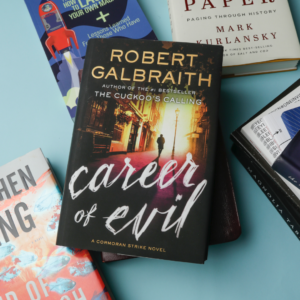
Fighting Digital Fatigue
Reading physical copies can not only eliminate stress and reduce your heart rate, but they may also be a solution to some of the exhaustion that many people feel right now. As the news cycle marches on and students and employees continue to Mental fatigue affects our ability to work, study and operate efficiently. Both those in the workforce and current students are victims of the pandemic, albeit in different ways. While many adults are missing the ability to congregate in the workplace and meet with customers face-to-face, at least one-fifth already worked from home prior to Covid. Conversely, before the pandemic, students engaged in remote learning at a much lower rate than their employed counterparts. As a result, students of all ages, including young adults and those in college, are struggling with their studies as assignments and learning opportunities that that they once physically participated in are no completely virtual. Studies have shown time and time again that students perform better when they use hard copies and take notes on paper. While personal preference certainly plays a part on an individual level, the data is clear when looking at the whole. Students tend to absorb more information and understand what they’re reading at a higher level when they’re interacting with and pulling from physical copies of books.
Ultimately, what we’re seeing is that books and reading can help. It may not be a permanent fix, but it might be something you haven’t tried and it might be just what you need to clear a few cobwebs and get back on track. For more book lists, visit our blog.





